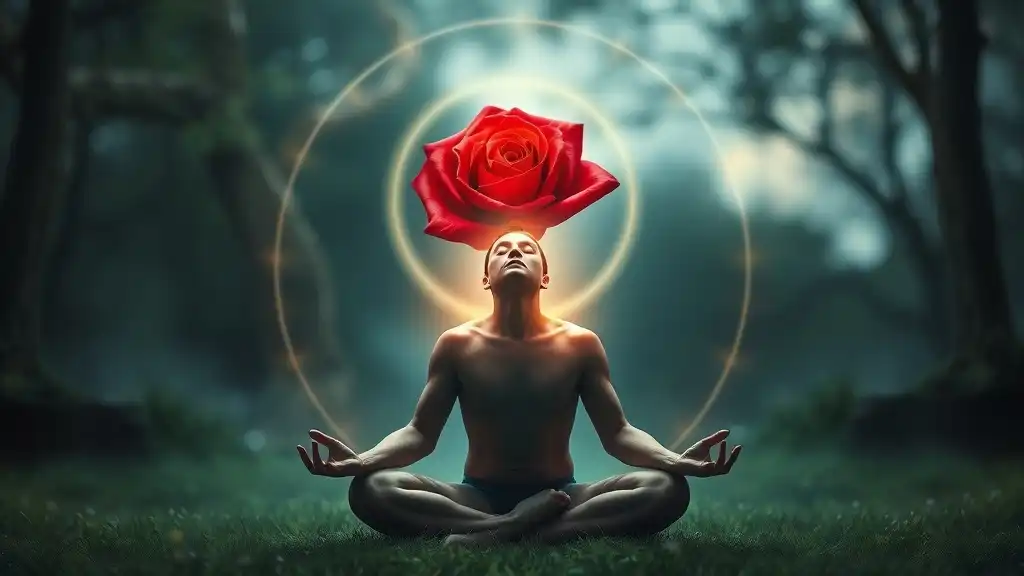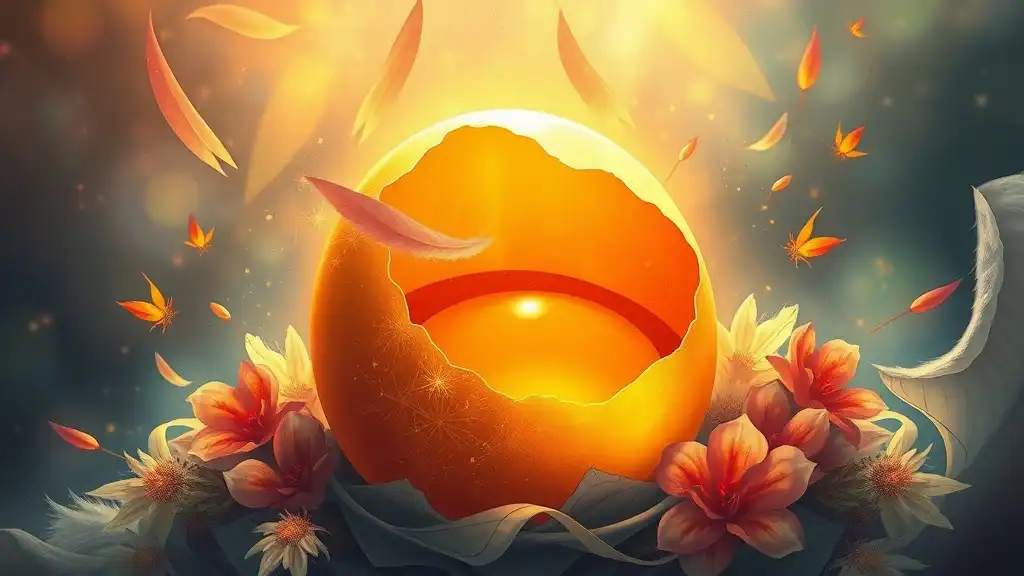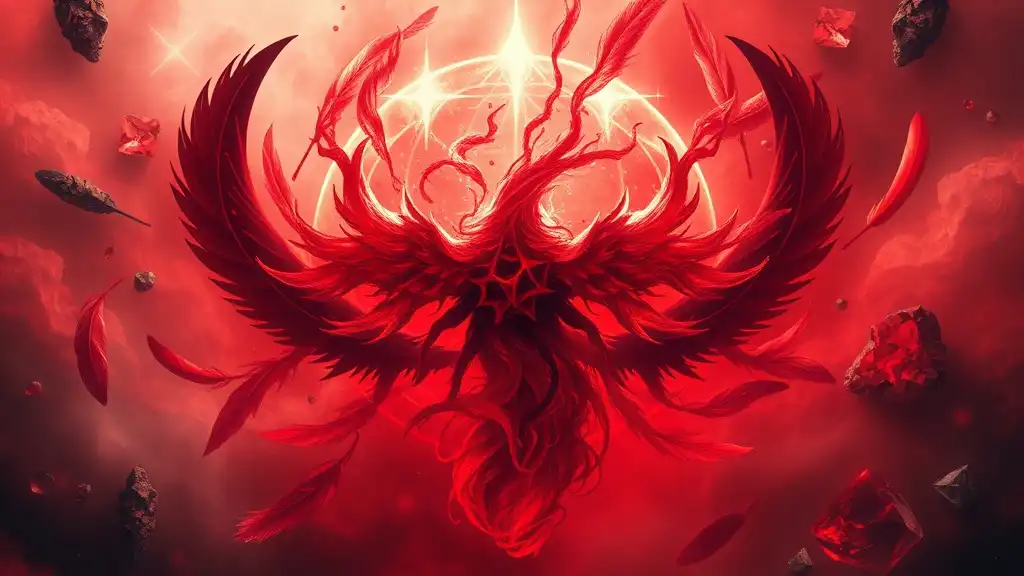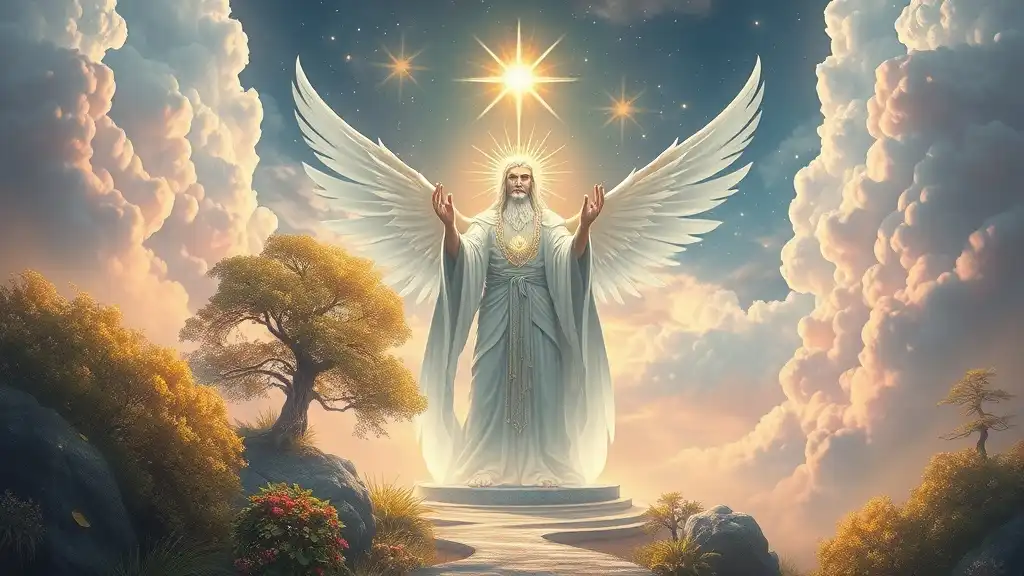Blood holds profound significance across various cultures and religions, acting as a potent symbol woven into the fabric of human experience. Its spiritual implications span lifetimes and ideologies, making it an essential element in understanding themes of vitality, sacrifice, and personal transformation.
Historical Perspectives on Blood
Ancient Civilizations
In the cradle of humanity, ancient Egypt revered blood as sacred. The Egyptians recognized blood as the embodiment of life itself, believing it was infused with the spirit of the individual. They performed rituals involving blood to honor their gods, demonstrating a deep respect for its life-giving properties. Similarly, in Mesopotamian cultures, blood symbolized both life and the expected cycle of death and rebirth, reinforcing the ongoing connection between mortality and divinity.
Religious Contexts
Blood is also woven into the narratives of major world religions. In Christianity, for instance, the concept of sacred blood is encapsulated in the crucifixion of Jesus. His blood is seen as having the power to cleanse sins, creating a bridge between humanity and the divine. In Eastern religions like Hinduism, blood carries layered meanings, often representing vital energy (prana) and life force, while certain rituals channel its power for purification and healing.

Blood as a Symbol
Life and Vitality
At a fundamental level, blood is universally recognized as a representation of life force. It circulates through our bodies, carrying oxygen and nutrients necessary for survival. Thus, blood symbolizes vitality, energy, and the very essence of existence. The heart, often referred to as the emotional center, pulsates in rhythm with the blood's flow, linking the body’s physical state to our emotional and spiritual experiences. The idea that “where there is blood, there is life” can profoundly inform one's spiritual pursuits.
Death and Sacrifice
Conversely, blood also embodies the concept of death and sacrifice. Throughout history, various cultures have engaged in blood rituals, recognizing that sacrifice can transcend the physical realm and forge connections with the divine. From ancient Aztec practices to more modern interpretations of ritualistic sacrifice, the shedding of blood often signifies a transformation—a relinquishing of the old to invite the new.
The notion of blood sacrifice is particularly poignant in many religious traditions, symbolizing a willingness to part with something precious for the greater good. This transformative act can serve as a reminder of the cycles of life and death, reinforcing the concept of renewal through sacrifice.

The Spiritual Meaning of Blood
Blood and the Soul
Blood is frequently viewed as a vessel for the soul, carrying not just physical vitality but also a person's essence. This connection to our lineage and ancestry evokes feelings of belonging and human unity. The belief in "blood ties" reflects this intimate bond, suggesting that our blood connects us not only through shared genetics but also through shared experiences, emotions, and spiritual journeys.
This spiritual view opens discussions about ancestral wisdom. Many modern spiritual practices encourage individuals to connect with their roots through blood. This connection can foster a deeper understanding of oneself and the legacy inherited from previous generations.
Healing and Transformation
In many spiritual methodologies, blood is associated with healing and transformation. Certain traditions regard blood as having inherent healing capacities, promoting ideas around blood magic, where rituals involving blood promote physical and emotional healing. This practice acknowledges that the act of using blood can invoke personal strength and empowerment, allowing individuals to reclaim their narratives and rewrite their destinies.
The transformational power of blood is also seen in various rites of passage, such as initiation ceremonies, where an individual's previous self is shed to give way to the new. Such practices illustrate how the symbolism of blood can guide individuals through personal evolution, reinforcing their journey towards spiritual wholeness.

Blood in Modern Spirituality
New Age Interpretations
In contemporary spiritual movements, New Age interpretations of blood take on an innovative twist. Many modern practitioners view blood as an energy conduit essential to various rituals and spiritual practices. Incorporating blood into smudging or other cleansing rituals is believed to amplify the healing energies, connecting the individual to higher spiritual realms.
This focus on blood and energy has fostered an environment where individuals explore personal connections to blood. Through rituals crafted within modern spiritual frameworks, people can harness blood's symbolism as a means of empowerment, allowing them to access their inner strength.
Blood and Personal Empowerment
Within modern spirituality, the concept of “blood memory” has emerged as a way to access ancestral wisdom and experiences. Many assert that blood carries the memories of our ancestors—their struggles, triumphs, and lessons. This understanding cultivates personal empowerment, highlighting how individuals can tap into this ancestral knowledge to navigate life’s challenges.
By embracing the spiritual significance of blood, individuals can embark on a journey of self-discovery. This exploration can lead to a deeper appreciation of one's heritage, fostering resilience and spiritual growth.

Conclusion
Blood's multifaceted meanings reflect its profound spiritual significance across cultures and eras. From its association with life and sacrifice to its role in personal empowerment and transformation, blood serves as a powerful symbol of our interconnectedness and humanity. As we navigate our spiritual journeys, exploring our relationship with blood can offer insights into our past, shape our present, and guide our future.



















